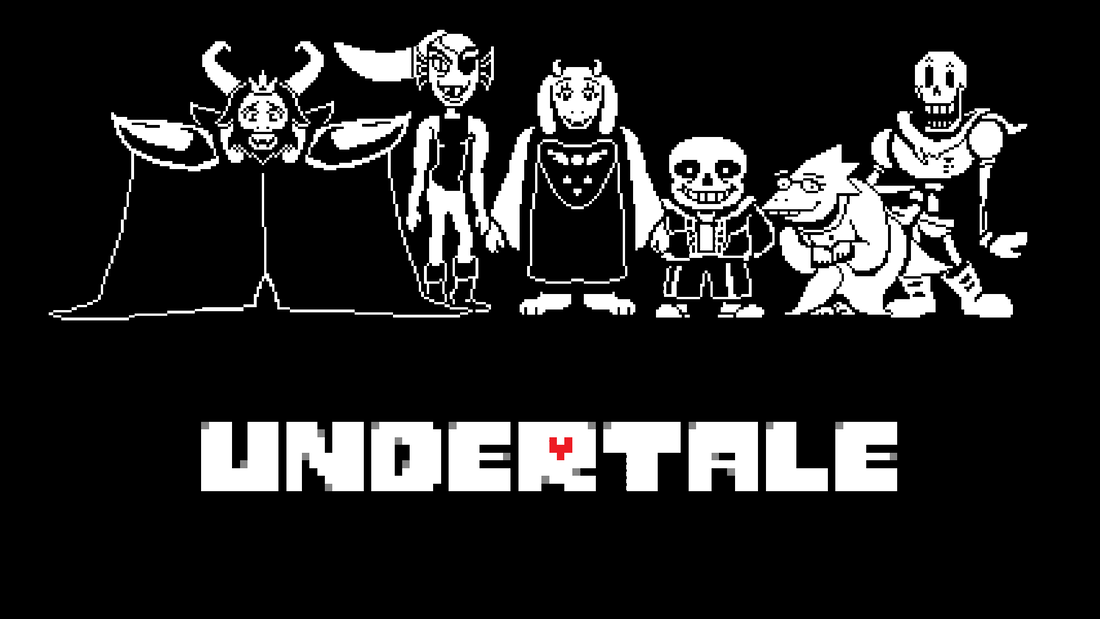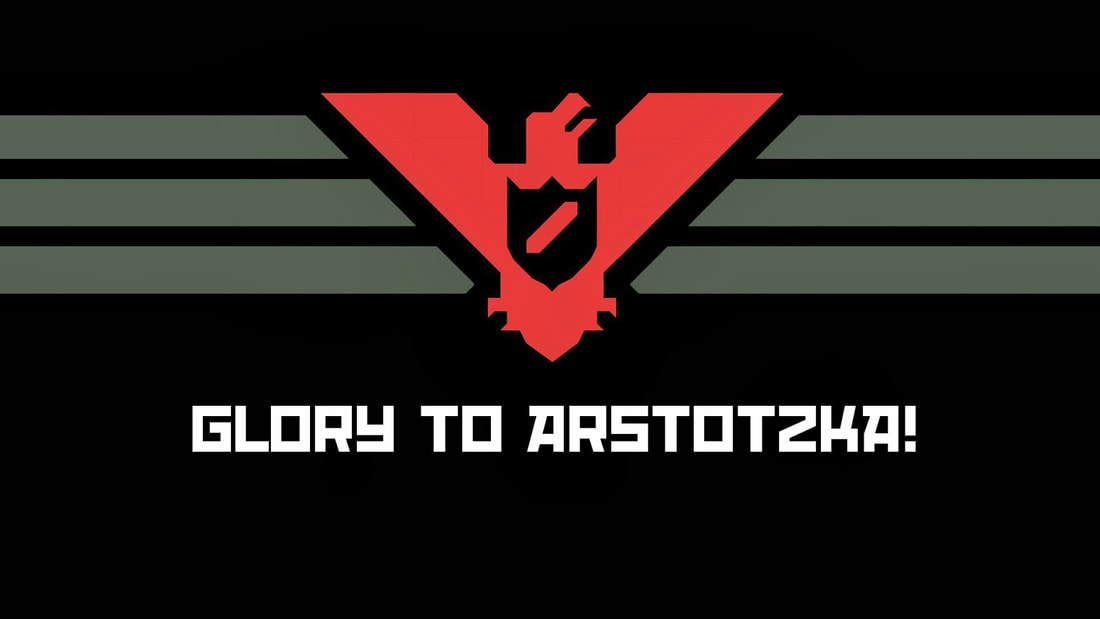|
Or rather, my judgement of morals in video games. Short answer, they’re great, nothing is more welcome than encountering a great moral crisis in your downtime. More specifically this is my judgement on how morals are measured. Recently I’ve been catching up with a few renowned games I missed on their first outing, which were highly praised for the maturity of their storytelling and depth of their decisions, with morality baked into their core. They were massively different games, but here’s my thoughts on how they dealt with the moral choices they made you grapple with. The first one is Catherine, or rather the 2019 remaster of the 2011 original, Catherine Full Body. The game invites you to escape your real life troubles and play as a borderline alcoholic experiencing an existential crisis who cheats on his girlfriend (escape?!). It is, essentially, a block puzzle game that chose as its packaging a mature look at adult romantic relationships. You play as Vincent who cheats on his long term girlfriend Katherine with a mysterious, attractive woman named Catherine. However in the re-release Full Body, there is a third character, Qatherine (Rin) added, and not as an afterthought, but thoroughly integrated through the entire game, in re-recorded dialogue, inserted in original scenes etc. Though this inclusion is impressively done, I do feel it somewhat spoiled the experience. Spoiled is the wrong word, and without having played the original I’m speculating, but Rin does seem to unbalance the game. The base choice was initially between Katherine, a stale relationship perhaps past its sell by date, built mostly on expectation with an overbearing partner (she scolds your drinking and even says she’ll be looking after your money when you get married) and Catherine, a free, young sex maniac who offers excitement and sends kinky pictures, if a bit domineering. However Rin appears to offer the best of both, developing a strong emotional connection, supporting you without impinging on your own freedoms. For the majority of the game she is presented as the obvious choice, removing the moral ambiguity, and gets more screen time than both original romantic options, leaving them both feeling sidelined. As to how morals work, there is a handy moral meter that changes depending on conversations you have in game or texts you send to Catherine, Katherine or Qatherine. If you choose to help or be nice to a character, it goes right for good morals, if you choose to not help or be self indulgent, it goes left for bad. There are also specific moral questions you are given after solving every puzzle with your answer moving the meter one way or the other. This in my view serves to simplify or nullify the ambiguity of the questions you’re answering. Some of the questions just don’t lend themselves to this binary right or wrong options, for instance answering “Do you believe in an afterlife?” with “Yes,” gives good morals and “No,” gives bad morals. Can a question of that magnitude really be boiled down like that? Sure the game calls the two sides of the meter ‘Order’ and ‘Chaos’, but if you’re human (a fair assumption) you are conditioned that ‘Blue’ - Order means good and ‘Red’ - Chaos means bad. Another question was “Do you prefer Big Budget Blockbusters or Small Indie Films?” What has that to do with Order and Chaos? Aren’t most big blockbusters by nature made to be safe, while indie lovers can also be total riots? On the whole these choices don’t make too much functional difference, changing only what ending you get (which can still be with any of the three women) and Vincent’s internal thoughts. This is a clever reframing, as it means you aren’t so much playing as him but guiding him, setting him on a path with these character revealing questions. My issue is trying to quantify such thought provoking dilemmas on a left - right barometer. If you choose the Rin route, obviously added years later, the questions are also much more simplistic with obvious ‘right’ answers, even when they should be far more complex. One excellent mechanic was after answering each question, it would show a pie chart of what real men and women in their 20s and 30s answered, which could be very revealing, but it showed on these latter Rin questions the players’ choices moved more and more out of sync with what real people actually answered. In a game about true love, “Would you be able to accept any secret your lover has?” is always answered “Yes,” but in real life, is it really so black and white? The second game I played was 2015’s Undertale, a side scrolling role playing game where you play a child who falls into a world of eccentric and often well meaning monsters. What made it famous was its genre bending approach in that it judged you not as the main character, but as the player. If you chose to kill everyone, it would ask you, directly, what in you made you behave this way, and if you only killed one it would ask why you stopped short of killing no one. In fairness it had an easier time handling its morality as you were judged by your actions, not words. There are three ‘main’ endings, Pacifist for killing no one, Neutral for killing some people (the one I got upon accidentally killing a couple) and Genocide for killing everyone. What the game does best is how your actions are integrated into the story, and while other games merely have characters react slightly different as the core experience remains fundamentally the same, Undertale’s story changes vastly depending on your actions. You feel they have real consequences, for instance in a Genocide run, latter game characters are absent as they have run away and are hiding from you. These positions aren’t immediately visible on screen, there is no bar checking in on your morals as you go, making your choices feel more natural and dynamic. Of course you can still judge one ending to be ‘good,’ sparing everyone and the other ‘bad,’ killing everyone, but what Undertale did very well that other games with similar all-good and all-bad paths often neglect is the grey bit in the middle. Usually in split morality games where you are regularly given good vs bad choices (Bioshock, Infamous, Mass Effect, Dishonoured, Mafia III etc) it makes sense to stick to one path entirely, as doing so rewards you with either high tier abilities in game or trophies/achievements for completing the game in one of its polar opposite ways (a sneaky con to make you play it twice and avoid trade ins). There is little point mixing between both and sitting in the murky moral middle, which is where most of us live in real life. Undertale at least doesn’t lock you out of paths or leave you missing out if you accidentally kill or spare someone, depending on playthrough. I inadvertently killed a character early in the game (and felt dreadful about it, since they purposely did not fight back, another example that challenges how you think a game is supposed to play), but instead of reloading a previous save I persisted, towards an end that incorporated my errors without feeling diluted, and meant I could play the rest of the game without stressing about sticking to one rigid path. The final game and absolute moral sickener I played was Lucas Pope’s 2013 Papers, Please. You are a border guard for a Soviet-esque communist dictatorship and review passports, visas, work passes etc of the people entering your country. There are no moral meters here and few hints of a ‘good’ ending. People come, you examine their documents, and if they are in order you let them in, if they are not you deny them entry. However you don’t have to, you can reject people who might cause trouble despite their papers being fine, or admit people who beg you for entry, the only penalty being 5 Credits, the in game currency. But you have a family, and they need your support. At the end of every day you can choose to buy food, heat or medicine for your family, and if you don’t, they will die. The game’s pacing and increasing difficulty means you often clear just enough to take home (you are paid per inspection), and with penalties coming with natural mistakes as well, you are left with many tough decisions. Is it worth the personal cost to yourself by admitting a newly married wife with her husband when she has no visa? There are times it is easy, such as human traffickers or murderers, who you can flag for ‘Detention’, but what about the shady resistance group offering freedom and a better life for all, when you are up for inspection from the commissar? Once I was left having scraped enough to pay for a birthday present for my son, but was plagued by thoughts of the mother who spent her life savings travelling to visit her estranged family that I’d rejected as her papers had expired en route. There’s nothing wrong with doing the ‘wrong’ thing in a video game, indeed some games force you to, just look at Untitled Goose Game where the mission is to be the biggest dick possible. A less fun example is the final level of The Last of Us, I did not agree with what my character was doing, but was stripped of my choice if I wanted to finish the game. The decision of what is right and wrong should be left up to us as gamers, not a moral guide meter. Fallout New Vegas was so much more absorbing with its faction system instead of its karma meter, as you were to decide what was right and wrong.
Games inherently don’t know morals, they are just strings of code which can easily become arbitrary. One that still rankles me is the honour system in Red Dead Redemption 2, where, as since there are upper and lower limits which were capped before you leveled up, and as I always sat at the top level, I couldn’t add to my number yet could still easily lose it. This led to the bizarre scenario where I reached max honour by wiping out an entire chapter of the Ku Klux Klan yet immediately lost it again because on my escape I bumped into someone with my horse. Some decisions shouldn’t be reduced to numbers. Games are a form of escapism. For relaxing, stress release or tests of skill, but they can also be character challenging. Difficult decisions can be some of gaming’s best moments, often I’ve had to pause a game and put the controller down as I’ve weighed up the pros and cons of impossible moral quandaries, but it’s so much more powerful when you are left to process the effects of your choice yourself, or have it be left ambiguous - “Clementine will remember that” - rather than have the game tut at you and shake its head. It’s not angry, just disappointed. The moral of this blog is, giving us tough moral decisions can be great, but please, don’t judge us.
0 Comments
Leave a Reply. |
Archives
June 2020
Categories |



 RSS Feed
RSS Feed
